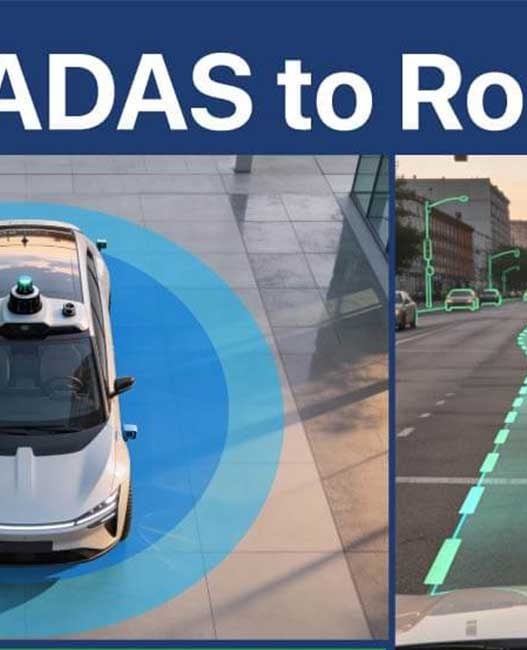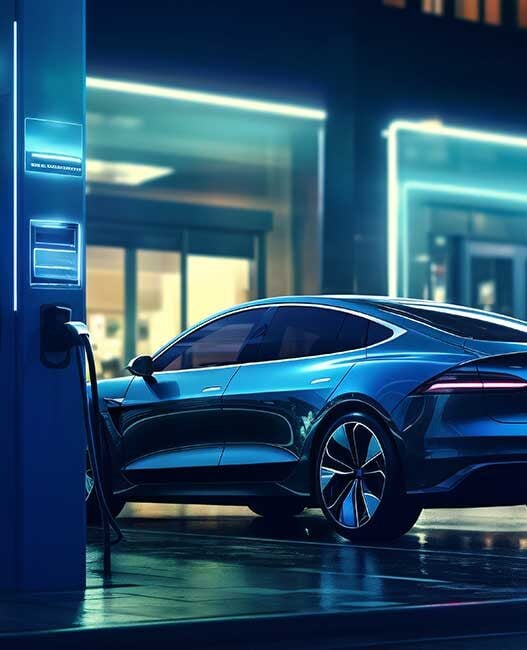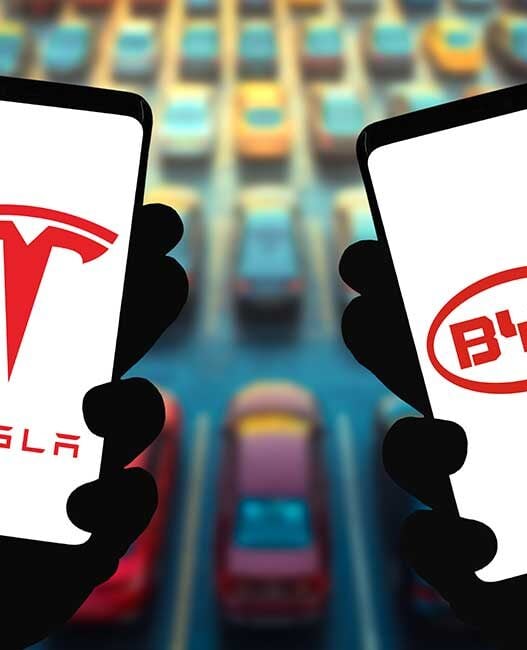At a recent panel discussion at the London EV Show, experts from transport policy, automotive strategy, and public electrification examined the progress made, the challenges ahead, and what the road to 2030 might look like.
Progress and predictions for 2030
Dr Roger Tyers, a Transport Policy Specialist at the House of Commons Library, outlined a mixed future for electric vehicles (EVs). He highlighted the rapid growth in off-street charging infrastructure while voicing concerns about equitable access for those without driveways. He also cautioned against potential conflicts in urban areas over EV-related infrastructure: “We must ensure that the EV transition does not exacerbate tensions in the use of public highways and pavements.”
Marc Palmer, Brand Insight Director at Auto Trader UK, provided a data-driven perspective. He projected that the market for new EVs would meet its 2030 targets, driven by increasing supply and consumer uptake. However, he warned of disparities in the used vehicle market: “Used cars outnumber new car purchases seven to one. Ensuring a healthy second-hand market for EVs is critical for the industry’s long-term viability.”
Charlotte Patch, Head of Electrification Strategy at Ofgem, struck an optimistic tone, noting progress in smart charging and flexible tariffs. Yet, she emphasised the importance of public engagement and system flexibility: “We need to think about EVs not just as vehicles but as batteries on wheels, with opportunities like vehicle-to-grid technology offering huge potential.”
Barriers to widespread adoption
A recurring theme was inequality in EV adoption. Marc Palmer identified three vulnerable groups at risk of being left behind: low-income households, those reliant on public charging, and older demographics, particularly women.
“EVs remain costly for many, and public charging is often more expensive than petrol. This creates a financial barrier for those who need it most,” he explained.
Lucy Hayward-Speight, Head of Strategy at Transport for London (TfL), echoed these concerns while highlighting London’s relative success. Currently, 7% of cars in the city are electric, double the national average. However, progress in commercial vehicles, such as vans, has lagged.
“Only 4% of vans in London are electric,” she noted. “We need targeted support for commercial fleets and inclusive charging solutions.”
Policy uncertainties were another concern. Thomas McLennan, Head of Policy at the BVRLA, called for clear, consistent regulation, especially in the used market: “This is a policy-driven space, and uncertainties around tariffs and incentives will shape the market. Without clarity, adoption risks stalling.”
The role of infrastructure and collaboration
Public charging infrastructure remains a critical challenge. Charlotte Patch emphasised the importance of rural deployment, while Dr Tyers pointed to the Local Electric Vehicle Infrastructure (LEVI) Fund as a game-changer for councils.
“LEVI funding is pivotal, but councils need resources to spend it wisely,” said Dr Tyers. “It’s not just about capital; capability funding for staff and cross-council collaboration is vital.”
Lucy Hayward-Speight noted TfL’s efforts to ensure inclusivity in public charging, particularly for disabled drivers, and emphasised the need for shared infrastructure between public and private sectors.
Tackling misinformation and building consumer confidence
The panel agreed that misinformation about EVs – such as concerns about battery fires or parking structures collapsing – has impacted consumer confidence. Marc Palmer stressed the importance of unified messaging: “What we need is a consistent, proactive narrative from manufacturers, policymakers, and industry bodies to counter misinformation.”
Charlotte Patch highlighted the need for education about the broader benefits of EV ownership, including savings from smart charging and vehicle-to-grid integration.
Looking ahead
While challenges remain, the panel was optimistic about overcoming barriers through collaboration, consumer engagement, and technological innovation. As Marc Palmer summarised: “We’re on the right track, but the next phase of adoption will be harder. Success depends on making EVs affordable, accessible, and an attractive choice for everyone.”
This discussion underscores the complexity of the EV transition. Achieving the UK’s electrification goals will require a concerted effort across industries, governments, and communities, ensuring that no one is left behind on the journey to 2030.















